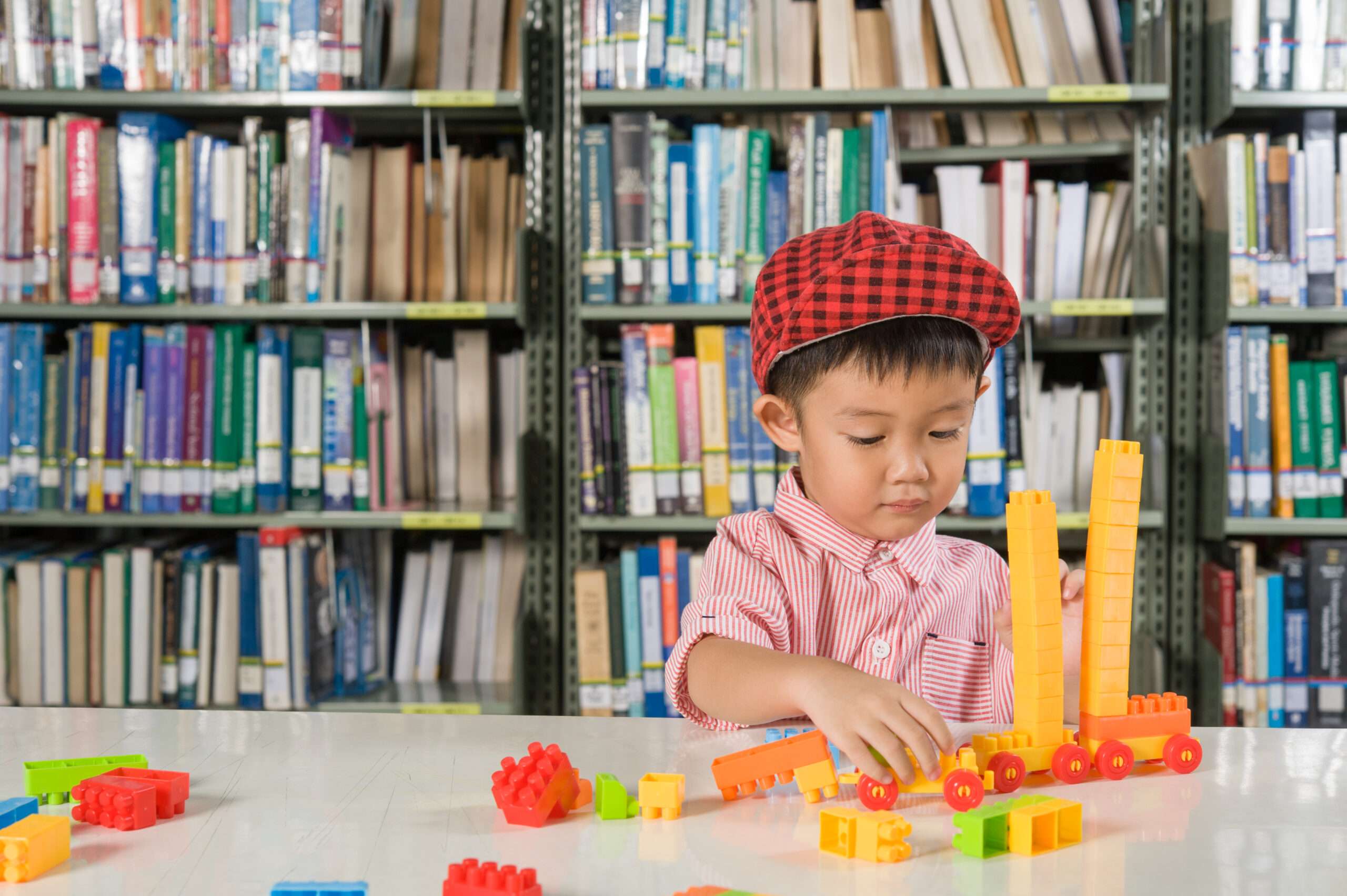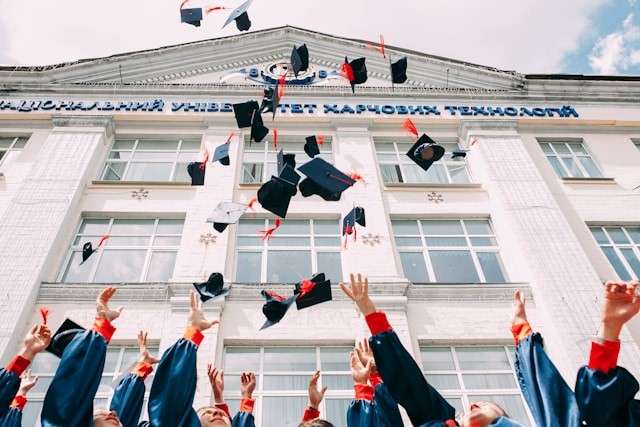Thousands of expatriates arrive in the United Arab Emirates (UAE) each year to live and work in the region. Abu Dhabi and Dubai are the most sought-after destinations among the UAE’s seven Emirates (districts). One of the most appealing aspects of Abu Dhabi for expatriates is its stable economic and political climate, as well as its promising future. Abu Dhabi has grown into a vast but open city as a result of its rapid expansion and urbanization, as well as the comparatively high average wealth of its inhabitants. It is a popular location for many multinational organizations, resulting in a culturally diverse environment that provides an interesting experience.
Education is regarded as a critical pillar in the creation of a sustainable economy based on knowledge and the desire to accomplish the Abu Dhabi Economic Vision 2030’s goals. The Abu Dhabi Department of Education and Knowledge is working hard to improve the ability of private education institutions, improve the learning process, and promote private sector investment.
Objectives of the Department of Education and Knowledge
The Abu Dhabi Department of Education and Knowledge regulates the private school sector by overseeing the educational process and formulating and adopting essential laws and regulations. It also keeps track of pupils’ progress and assesses the effectiveness of each school’s educational system. Private school abu dhabi have certain objectives on which they operate-
1.Create a world-class education system that meets or surpasses international benchmarks.
2.Ensure that educational performance is of high quality and efficiency.
3.Create an engaging and inventive learning environment for students.
4.Organizing the teaching and learning procedures.
5.Examine the qualifications of teachers and administrative bodies, and make recommendations to help educational institutions.
6.Ascertain that schools adhere to the highest levels of safety and security.
Pre-Primary- Montessori – the first steps to learning
As preschoolers, children between the ages of one and six are expected to grow and expand in the sphere of school academics. The attempt is to provide for a child’s holistic development, which includes cognitive, social, expressive, and interacting skills. As well as maturity and knowledge in a child, such as emotional, ethical, fine and gross motor, verbal communication, education, response, and other individually built traits.
These early years allow them to develop self-determination, intelligence and a positive personal image in the general population. They also learn to accept and admire others that gives them a sense of love and affection for other children and adults. To sum it up, Preschools provide youngsters with a safe learning environment in which they can learn the fundamental life skills they need to complete activities confidently.
Montessori Curriculum for Preschoolers
Doctor Maria Montessori’s (1870-1952) scientific observations concerning how children learn as they develop from infancy to maturity are the foundation of the Montessori Method of education. The ‘Montessori Method’ was founded on Montessori’s research into child development and subsequent insights about how to create the best learning environment. The Montessori Curriculum, which is a child-centered learning framework that integrates holistic learning goals adapted to each individual child’s developmental needs and interests, is fundamental to the Montessori Method.
Practical Life, Sensorial, Mathematics, Language, and Culture are among the five core learning areas covered by the Montessori Curriculum. The Montessori curriculum provides a holistic education program that is adjusted to each child’s developmental requirements and interests in this manner.
5 Core learning areas
1. Practical Life
These activities include personal care, environmental care, and lessons in grace and kindness. Pouring, sorting, passing, serving, mirror polishing, and many other activities employing real life things in a child-centric environment are included in these activities. These activities promote healthy work habits, as well as increased concentration, independence, and coordination. The practical life activities prepare the youngster for all other classroom subjects.
2. Sensorial
The sensorial resources educate the kid to develop their abilities in reading, writing, and mathematics by using the five senses. A youngster can develop control over the small finger muscles he/she will use for writing by holding little knobs on equipment. All intellectual faculties are developed by employing the senses to investigate a variety of materials made with changing dimension, color, shape, texture, and smell.
3. Mathematics
Number rods, sandpaper numbers, number boards, number beads, tiles, and games are some of the items Montessori classrooms utilize to provide the kid a basic and clear comprehension of the mathematical ideas being taught. Each activity builds on the previous one, gradually leading the child’s arithmetic understanding from tangible to abstract numeration.
4. Language
Phonetic awareness is the foundation of language. The sandpaper letters to the moveable alphabet are examples of hands-on and tactile language items that children use. Language is not a stand-alone subject; it is woven throughout the curriculum. Writing and then reading are built on the foundation of spoken language.
5. Culture
Subjects like Geography (continents, landforms, earth layers, solar system), Zoology (classification, physiology of animals), Botany (ecology, classification, physiology of plants), History (time lines, utilizing a calendar), and Science enables children to investigate the natural world around them. While art and music are considered cultural pursuits, creativity is encouraged in all areas of the curriculum. Globes, puzzle maps, flags, and even images or items from different civilizations help to identify the cultural area.
The multi-age classroom is one of the most well-known aspects of a Montessori education. Montessori schools reject the assumption that all children of the same age learn and mature at the same rate, believing that multi-age classrooms allow children to work more productively at their own speed.
Montessori classrooms are usually divided into three age groups. Children can learn superior social skills and develop academically in a cooperative, non-competitive learning atmosphere, according to proponents.
Conclusion
One such Abu Dhabi International private school has a Montessori Plus Program that is a notch higher than the regular program. The Global Indian International School in Abu Dhabi is the best Montessori international school. Their exemplary GMP Plus Program focuses on student?s overall growth with their innovative and unique academic training.
The award-winning program is infused with the GIIS pedagogy and helps develop multiple intelligences in students through futuristic learning techniques. Through this, their goal is to provide a strong foundation to young learners and the extraordinary intellectual and physical growth of students to emerge as confident students in the future and instill the love for lifelong learning.









